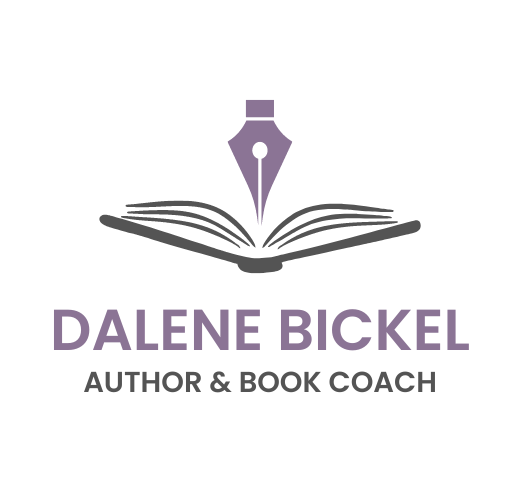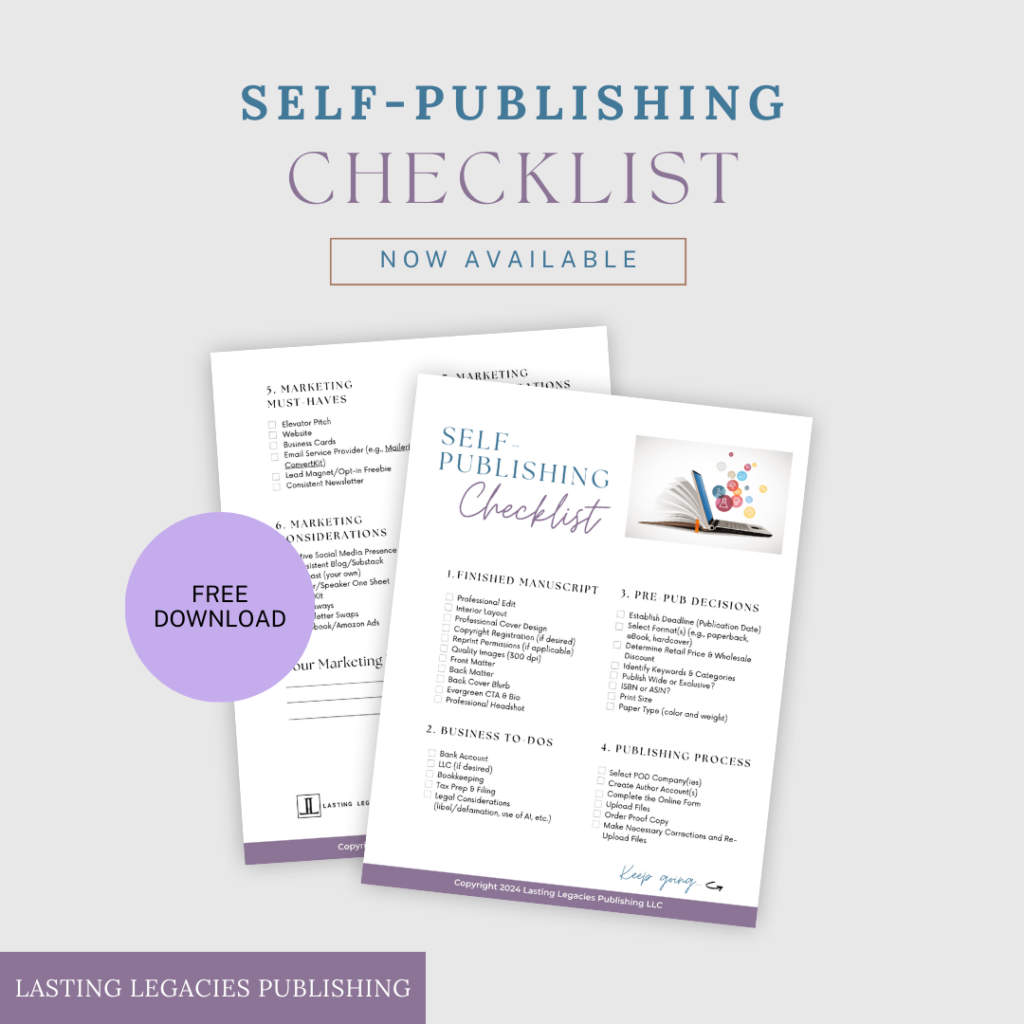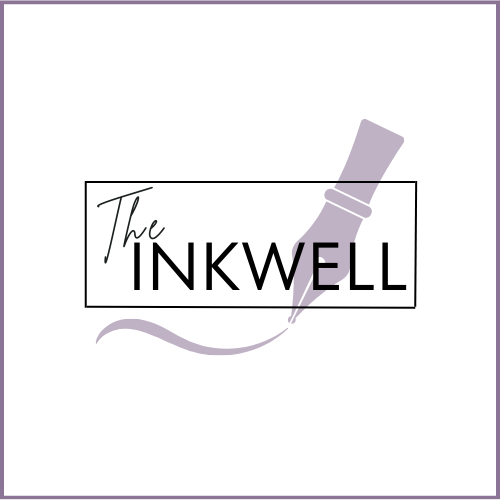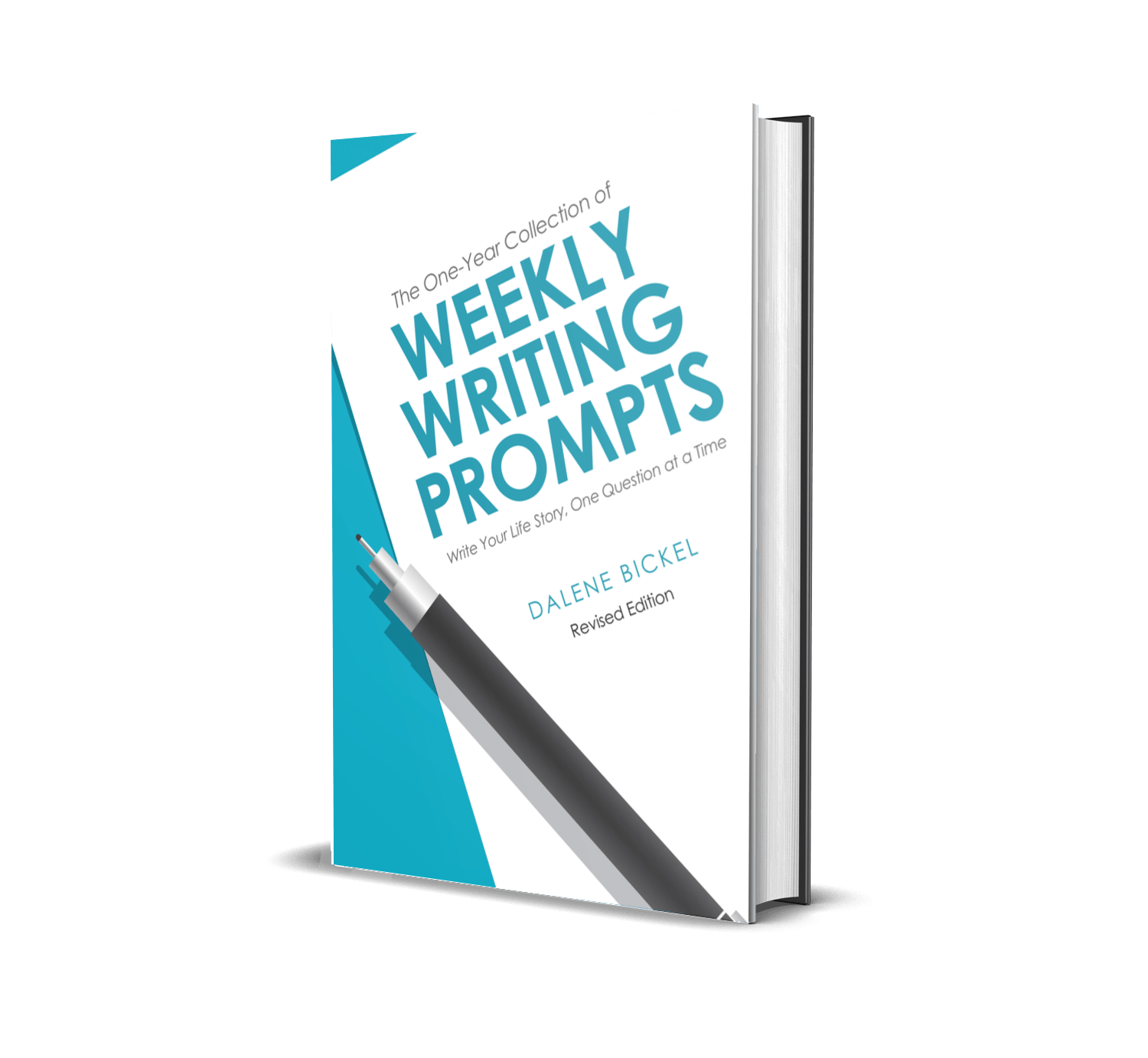I was at a cookout when confusion set in. A good friend casually mentioned that she had recently picked up two young men. Not in a dating context, mind you, but in a hitchhiking context – a practice I thought had gone by the wayside a long time ago.
This friend has a huge heart and while it didn’t surprise me that she would want to help strangers, I was shocked that she would pick up not just one but two men.
As I was trying to wrap my head around the potential danger she had placed herself in, she went on to say, “The one guy said, ‘I’ll bet you noticed my ankle bracelet. That was our halfway house you picked us up at.’”
I was stunned as she continued to prattle on, smiling, as if this was no big deal.
Curiosity consumed me so I interrupted her. “When exactly was this?”
“Oh, Sunday night. Monday night I picked up a couple more people.”
Oh. My. Word. Has she lost her mind? I wondered.
She tilted her head, no doubt trying to determine why I was so distraught. Suddenly her eyes widened in realization.
Grabbing my arm she leaned toward me. “I became a Lyft driver!”
As she doubled over in laughter, relief washed over me. Soon I was laughing along with her. But later, it got me to thinking.
Has this occurred in my writing life as well? Have I, unintentionally and unwittingly, shared stories that caused my readers more confusion than clarity? Have I ever omitted something crucial for their understanding?
Trade Confusion for Clarity
Although my friend assumed I knew everything there was to know about the situation, I was missing one vital piece of information. As I tried to figure it out on my own, I was lost and confused. Yet the moment she gave me that single missing piece, it all made perfect sense.
What’s something you assume your reader already knows about your topic?
Keep in mind that not everyone knows as much as you about your subject matter nor are they necessarily ever going to take the time to figure it out on their own.
That’s why it’s so important that when you share your knowledge, spell out ALL the steps, include the “obvious” details. Don’t hesitate to share the backstory to avoid confusion!
Now, let’s consider the conversation with my friend from another angle.
Let Your True Character Show
Based on what I heard, I was first and foremost concerned about her safety but I was also confused because her words didn’t mesh with who I knew her to be. Why would a practical, no-nonsense, safety-minded individual suddenly start picking up guys late at night?
As writers, are we pretending to be someone we’re not?
Do those who know us best, when they look at what we’re putting out into the marketplace, see our true character shining through?
Let’s take it one step further. If we’re Christians, does our work reflect the heart of Christ and the grace of God? Or are we trying to fit in with society, hiding our true personalities, knowledge and beliefs in order to potentially sell more books?
Heed Your Calling
This is the time to be open and honest with ourselves…and our readers. The world doesn’t need more confusion or superficial information; it needs clarity and truth and hope.
Authorship is a noble calling; one that God has uniquely gifted certain people to do. If you’re one of His called writers, I encourage you to join me as we strive to walk in faith and write in truth.
Have writing and self-publishing questions of your own? Want to connect with fellow nonfiction writers and authors? Join me in the free Ink & Impact Facebook group!






